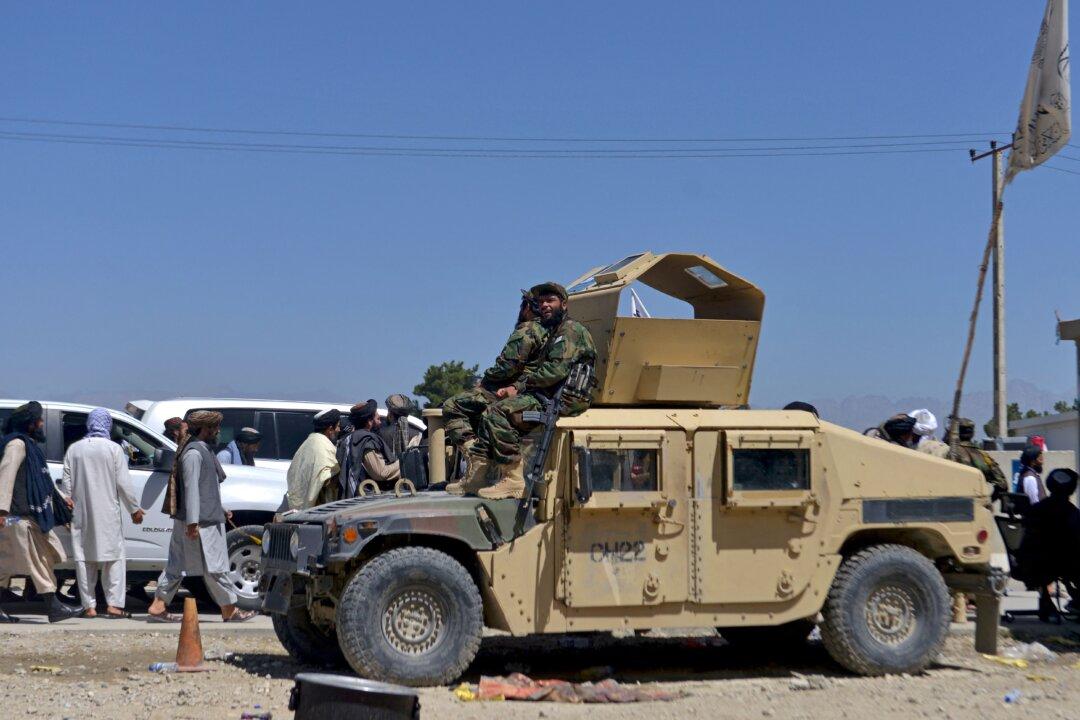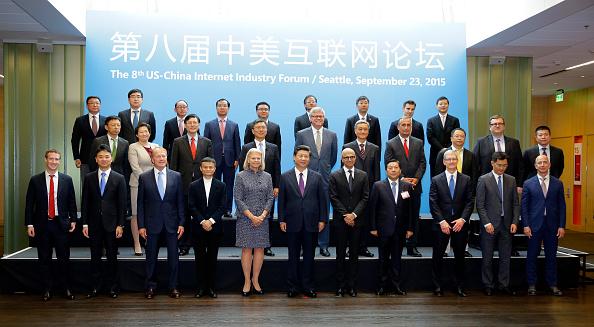A speech given by Chinese leader Xi Jinping five years ago about facing difficult economic times has just been reprinted in nearly all of China’s state-controlled media, including the Chinese Communist Party’s (CCP) main theoretical journal. Some analysts take it as a sign that the Chinese economy is in trouble and the CCP is reverting to a planned economy.
In the speech, delivered in November 2015, Xi reiterated the importance of studying Marxist political economy in the face of an extremely complex economic situation at home and abroad. Now the speech has been republished in Qiushi, a bi-monthly political journal, among other state-run media.




